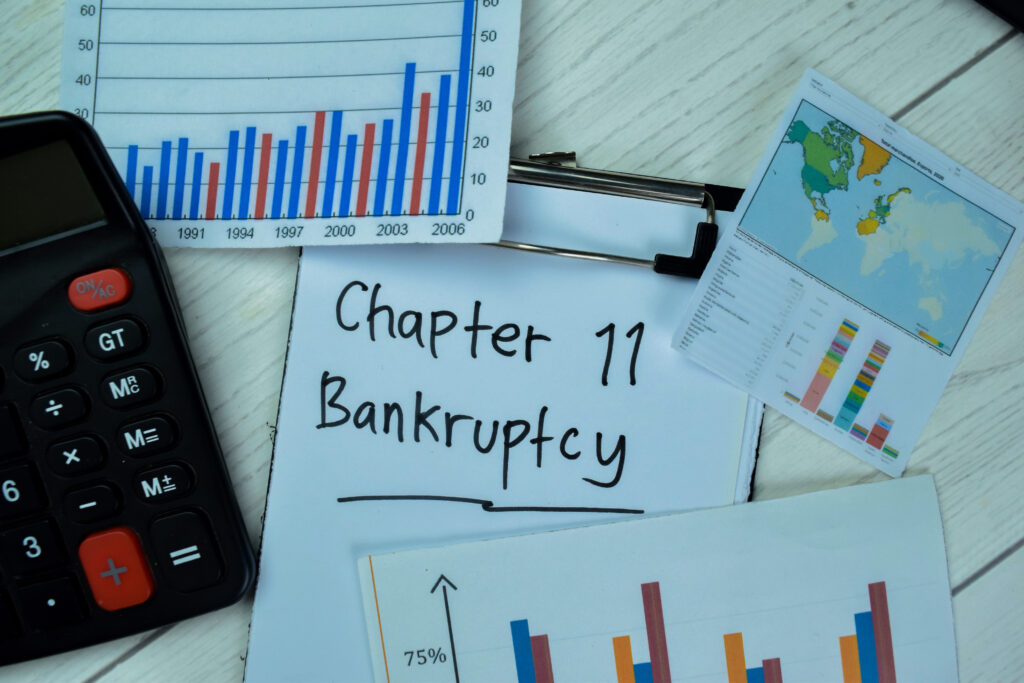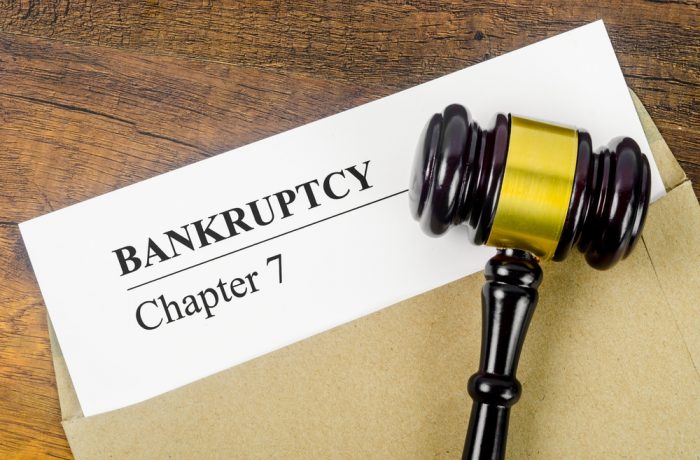Bankruptcy can be a complex and emotionally charged process, especially when you’re married. In New York, understanding how bankruptcy works in the context of marriage is crucial for making informed decisions that affect both you and your spouse. Whether you’re considering filing for bankruptcy on your own or together, it’s important to know how this process can impact your financial future.
Bankruptcy Basics in Marriage
Bankruptcy provides a way for individuals or couples to eliminate or repay their debts under the protection of the federal bankruptcy court. When you’re married, the decision to file for bankruptcy becomes more complicated because it can affect both spouses, even if only one files.
Community Property vs. Separate Property
One of the first things to understand is the distinction between community property and separate property:
- Community Property: Assets and debts acquired during the marriage are typically considered community property. In community property states, both spouses equally own these assets and are equally responsible for debts.
- Separate Property: Property that one spouse owned before the marriage or received as a gift or inheritance during the marriage is usually considered separate property. The same applies to debts incurred before the marriage.
New York’s Approach: An Equitable Distribution State
New York is not a community property state; instead, it follows the principle of equitable distribution. This means that in the event of a divorce, the court divides marital property fairly, but not necessarily equally. When it comes to bankruptcy, the distinction between what constitutes marital property versus separate property can significantly influence the outcome.
Filing for Bankruptcy Without Your Spouse
In New York, it is possible for one spouse to file for Chapter 7 bankruptcy without the other. This is often referred to as “individual bankruptcy filing.” Here’s how it works:
Impact on Marital Assets and Debts
- Separate Property Protection: If only one spouse files for bankruptcy, their separate property is subject to the bankruptcy process. The non-filing spouse’s separate property remains unaffected by the bankruptcy.
- Marital Debt: If the debts are in both spouses’ names, creditors may still pursue the non-filing spouse for payment. For example, if a couple co-signed a loan, the creditor can seek repayment from the non-filing spouse even after the other spouse’s bankruptcy discharge.
Limited Community Property Discharge
In community property states, a concept called “limited community property discharge” comes into play, offering some protection to the non-filing spouse. However, since New York is not a community property state, this specific protection does not apply. Instead, the focus shifts to the equitable distribution principles mentioned earlier.
Joint Bankruptcy Filing
In some cases, couples choose to file for joint bankruptcy, which can simplify the process and provide a unified approach to managing debts. Here’s what you need to consider:
- Combined Debts: When you file jointly, all marital debts are included in the bankruptcy filing. This can provide a fresh start for both spouses, eliminating shared debts.
- Effect on Credit Scores: Filing jointly will affect both spouses’ credit scores, which may be a concern if one spouse has significantly better credit than the other.
- Exemptions: New York allows certain property exemptions, which means that each spouse can protect specific assets from creditors. In a joint filing, these exemptions may be doubled, providing greater protection for the couple’s property.
Bankruptcy and Divorce: A Complicated Intersection
If you’re considering both bankruptcy and divorce, it’s essential to understand how these two processes can intersect. Filing for bankruptcy before or during a divorce can complicate matters, especially concerning the division of assets and debts.
Timing is Crucial
- Filing Before Divorce: Filing for bankruptcy before divorce can simplify the division of debts, as the bankruptcy court discharges certain debts, reducing the financial obligations that need to be divided.
- Filing After Divorce: If you wait until after the divorce to file for bankruptcy, you may end up shouldering more of the marital debt, depending on how the court divided it during the divorce proceedings.
The Impact on Limited Community Property Discharge
While the concept of limited community property discharge doesn’t apply directly in New York, it’s worth noting that divorce can affect similar protections in community property states. If you move to a community property state or your spouse does, it’s crucial to consult a lawyer about how the divorce might impact bankruptcy protections.
Consult with a Bankruptcy Attorney
Bankruptcy laws are complex, and the implications for married couples can vary significantly depending on individual circumstances. Whether you’re considering filing for bankruptcy alone or with your spouse, it’s vital to consult with an experienced bankruptcy attorney who understands New York laws. They can provide tailored advice that considers your unique financial situation, marriage, and potential divorce.
Guidance
Bankruptcy in marriage involves navigating complex legal and financial waters, especially in a state like New York with its unique approach to property division. Understanding how bankruptcy affects marital assets, debts, and your future financial well-being is crucial for making informed decisions. Whether you’re filing alone or with your spouse, seeking professional guidance can help you protect your interests and achieve the best possible outcome.
By organizing your documents, understanding your rights, and consulting with a qualified attorney, you can take control of your financial future, even in the challenging circumstances of bankruptcy and marriage.
Bankruptcy is not the end, it’s a new beginning. Give yourself the opportunity of a fresh start. Contact the Bankruptcy Law Firm of Figeroux & Associates today. Call 855-768-8845 or visit www.askthelawyer.us to book a consultation. The lawyer you hire does make a difference!





